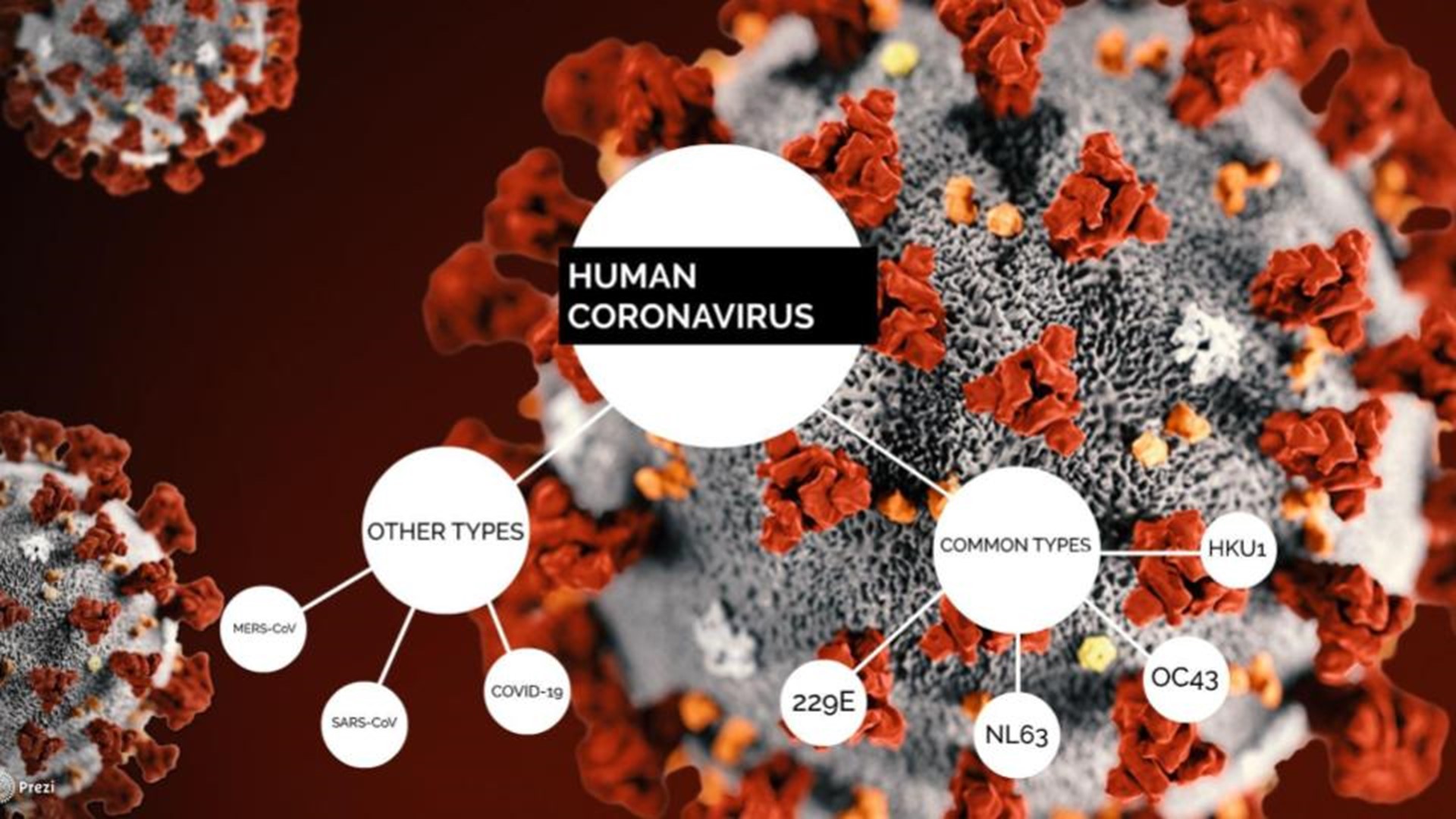With news that Moderna will get the green light for its COVID-19 vaccine this week and Pfizer's already put to work, you should know the differences and similarities between the two shots.
Both vaccines have overlaps, and both have some differences.
Both require you to get two doses, and both have had clinical trials show they are effective at providing immunity from the virus no matter your race or gender.
Both use MRNA, meaning they don't have the virus in them, and both are up to 95% effective.
Now, the differences.
The Pfizer vaccine needs to be stored at -94 degrees Fahrenheit and has been authorized for people 16 years and older.
The Moderna vaccine needs to be kept at -4 degrees Fahrenheit, warmer than Pfizer's. Its clinical trials have tested individuals 18 years old and up.
And the side effects?
Pfizer reports severe side effects to the vaccine are rare and temporary, while Moderna says most people experience side effects after the second dose.
Right now, more data is needed on how it performs in children and how if effects pregnant women.
It is also unclear if you get to decide which vaccine you want to get, but it will likely depend on where you live.
WATCH: Central Iowa polio survivors draw many parallels between the 1950s epidemic and COVID-19

